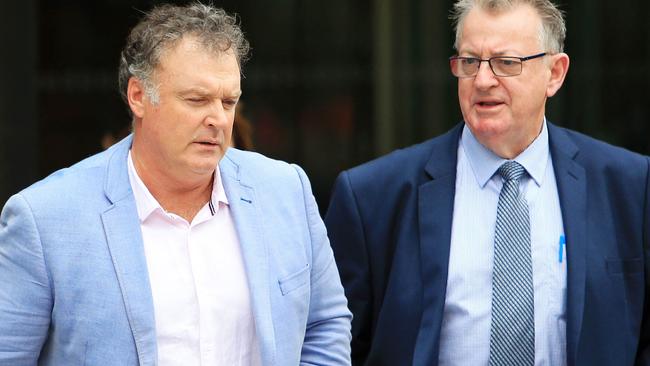Federal election 2019: Section 44 ‘still a problem’
Successful nomination of two undischarged bankrupts highlights the AEC’s inability to ensure compliance with Section 44.

The successful nomination of two candidates who are undischarged bankrupts has highlighted the Australian Electoral Commission’s inability to ensure compliance with the section of the Constitution which led to the resignation of 17 senators and MPs and senators during the 45th parliament.
Fraser Anning candidate for the Victorian seat of Bendigo Julie Hoskin, and former WA One Nation-turned-independent senator Rod Culleton, have been attacked by political opponents and constitutional experts for choosing to nominate, despite their status as bankrupts.
“In terms of human nature, you would have thought the rational approach would be not to run if you were in these circumstances,” said University of Sydney constitutional law professor Anne Twomey.
“It’s quite extraordinary that we are still dealing with these problems.”
Labor MP Lisa Chesters, who holds the seat of Bendigo by 3.4 per cent, said that “like the rest of the Bendigo electorate” she was angry that Ms Hoskin “who so clearly doesn’t satisfy Section 44” has nominated.
Ms Hoskin ticked the “yes” box in relation to the question, “Are you currently an undischarged bankrupt or insolvent?” on her AEC Section 44 checklist form, but claimed she had been “illegally and unlawfully declared bankrupt”.
Mr Culleton ticked the “no” box in his application to stand for a WA Senate seat, despite still being listed as an undischarged bankrupt on the National Personal Insolvency Index.
While the AEC has referred Mr Culleton to the Australian Federal Police “to examine if a false declaration has been made”, it has allowed both candidates’ names to be printed on ballot papers on the basis that it has “no legal power” to bar anyone who lodges a nomination form, completes the checklist and pays the required $2000.
Asked what the point of the checklist was if it could not result in a candidate who contravenes Section 44 being disqualified, an AEC spokesman said it was a “transparency measure introduced this electoral cycle.”
“The checklist provides transparency for voters and indeed the media ahead of the voting period,” the spokesman said.
In order to be disqualified, Ms Hoskin and Mr Culleton would need to be elected, before having parliament vote to refer their case to the Court of Disputed Returns.
Neither Ms Hoskin nor Mr Culleton is likely to be elected, but their preferences could play a role in electing other candidates.
“If that’s the case then we still will have problems with Section 44,” Professor Twomey said. “One way of dealing with that would be to say they should be taken out of the count.
“The government might want to contemplate dealing with it in that way.”




To join the conversation, please log in. Don't have an account? Register
Join the conversation, you are commenting as Logout